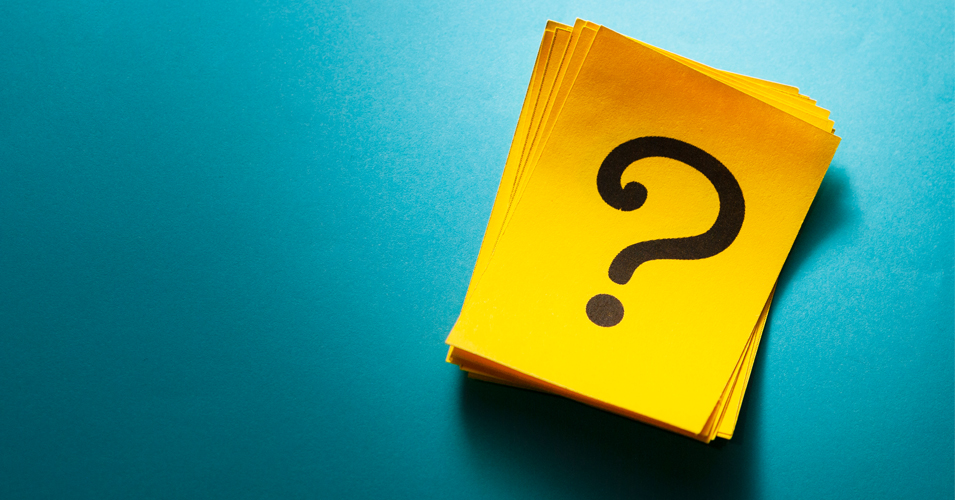Simplification Quiz Questions for Competitive Exams

Important Quiz Questions Based on Simplification
Q :
The sum of a positive integer and its square is 2450. The positive integer is :
(A) 45
(B) 48
(C) 49
(D) 50
Correct Answer : C
How many perfect squares lie between 120 and 300?
(A) 7
(B) 8
(C) 5
(D) 6
Correct Answer : A
The smallest 4- digit number which is a perfect square is
(A) 1024
(B) 1025
(C) 1009
(D) 1016
Correct Answer : A
The smallest number that must be subtracted from 1000 to make the resulting number a perfect square is
(A) 39
(B) 40
(C) 37
(D) 38
Correct Answer : A
The largest number of five digits, which is a perfect square is
(A) 99999
(B) 99856
(C) 99976
(D) 99764
Correct Answer : B
The smallest positive integer n for which 864 x n is a perfect cube, is:
(A) 3
(B) 4
(C) 1
(D) 2
Correct Answer : D
The smallest natural number, by which 3000 must be divided to make the quotient a perfect cube, is :
(A) 5
(B) 6
(C) 3
(D) 4
Correct Answer : C
The least number, by which 1944 must be multiplied so as to make the result a perfect cube is
(A) 6
(B) 2
(C) 13
(D) 3
Correct Answer : D
The sum of the squares of 2 number is 146 and the square root of one of them is 5. The cube of the other number is
(A) 1331
(B) 1441
(C) 1111
(D) 1221
Correct Answer : A
Find the value of given equations
(A)
(B)
(C)
(D)
Correct Answer : B



